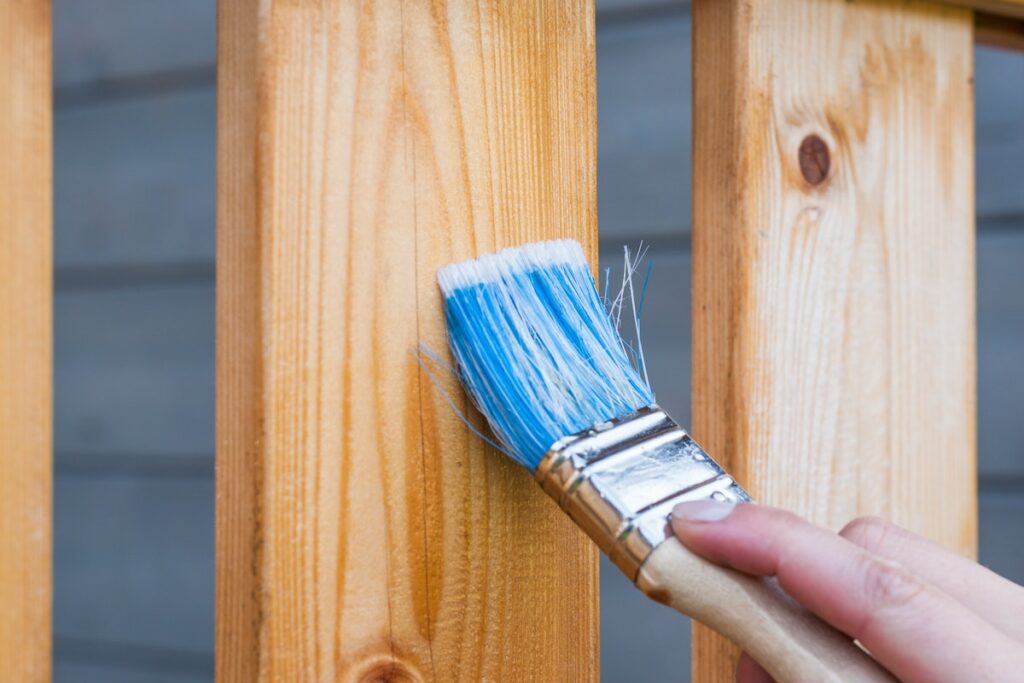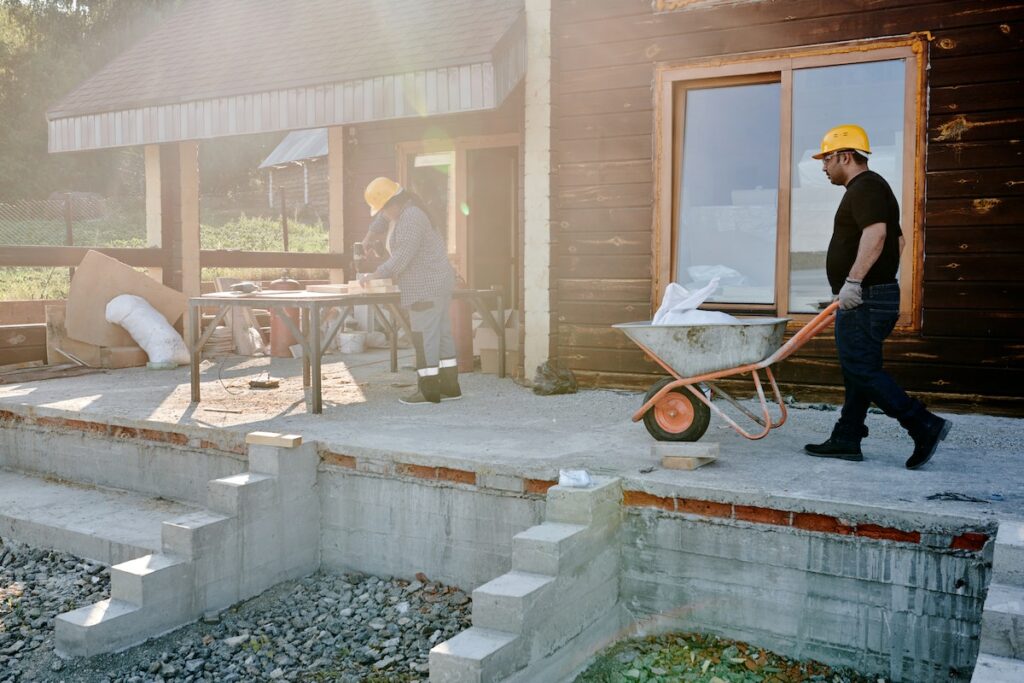Welcome to the comprehensive guide on maintaining and renovating your home. Whether you are a new homeowner or have been living in your property for years, it’s essential to understand the importance of finding reputable service providers and navigating the rules set by your Homeowners Association (HOA). In this article, we will explore the key considerations and steps involved in ensuring a smooth and successful maintenance and renovation journey for your home.
Understanding the Role of Homeowners Associations (HOAs)
What are Homeowners Associations?
Homeowners Associations (HOAs) are governing bodies in residential communities that establish and enforce rules and regulations. They play a crucial role in maintaining the aesthetics, property values, and quality of life within the community. HOAs are typically responsible for maintaining common areas, managing community amenities, and ensuring adherence to established guidelines.
Examining Covenants, Conditions, and Restrictions (CC&Rs)
Covenants, Conditions, and Restrictions (CC&Rs) are legally binding documents that outline the rules and restrictions homeowners must follow within an HOA-governed community. These regulations cover a wide range of aspects, including architectural controls, maintenance obligations, noise restrictions, and more. It’s important for homeowners to familiarize themselves with the CC&Rs to understand their rights and responsibilities.
Navigating Architectural Guidelines and Design Standards
HOAs often establish architectural guidelines and design standards to maintain a cohesive aesthetic within the community. These guidelines regulate exterior modifications or renovations, such as home additions, landscaping changes, or color choices. Homeowners must adhere to these guidelines and obtain the necessary approvals before undertaking any modifications to their property.
Familiarizing Yourself with Bylaws and Rules
Bylaws and rules govern the operation and management of the HOA. Bylaws outline the organization’s structure, voting procedures, and decision-making processes. Rules, on the other hand, cover specific regulations that homeowners must follow in their daily lives, such as pet restrictions, parking regulations, and noise policies. Understanding the bylaws and rules is crucial for homeowners to ensure compliance and avoid potential conflicts.
Communicating with the HOA
Knowing the Proper Channels of Communication
Effectively communicating with the HOA is essential for homeowners to address concerns, seek clarifications, and participate in community decision-making. Homeowners should familiarize themselves with the proper channels of communication, such as contacting board members, attending HOA meetings, and utilizing online platforms or newsletters to stay informed.
Seeking Clarifications and Approvals
When homeowners have questions or uncertainties regarding HOA rules or their renovation plans, it’s important to seek clarifications from the appropriate HOA representative. Clear communication helps homeowners understand the guidelines better and ensures that their renovation projects comply with the HOA’s requirements. Additionally, obtaining necessary approvals for renovations or modifications is crucial to avoid penalties or disputes in the future.
Resolving Disputes or Conflicts with the HOA
Conflicts between homeowners and the HOA can arise from disagreements over rule enforcement, architectural decisions, or other community matters. It’s advisable to approach conflicts with open communication, seeking resolution through dialogue and understanding. Mediation and involvement of professionals or legal assistance may be necessary in more complex disputes.

Planning and Budgeting for Maintenance and Renovation
Prioritizing Maintenance Tasks
Regular maintenance is essential for preserving the condition and value of your home. It’s important to prioritize maintenance tasks based on urgency and long-term impact. This includes activities such as roof inspections, HVAC system maintenance, plumbing checks, and landscaping upkeep. Creating a checklist and establishing a maintenance schedule can help homeowners stay organized and proactive.
Setting Renovation Goals
Renovations can enhance the comfort, functionality, and aesthetics of your home. However, it’s crucial to establish clear renovation goals based on your needs, preferences, and budget. Whether it’s a kitchen remodel, bathroom upgrade, or basement renovation, defining your objectives and desired outcomes will guide your decision-making process and ensure a successful renovation project.
Assessing Financial Feasibility and Obtaining Quotes
Before embarking on any maintenance or renovation project, it’s essential to assess the financial feasibility and obtain quotes from reputable service providers. This step helps homeowners understand the costs involved, make informed decisions, and avoid unexpected expenses. Obtaining multiple quotes and researching service providers will ensure you find reputable professionals who offer competitive pricing.
Creating a Realistic Budget and Timeline
Based on the obtained quotes and your financial capacity, create a realistic budget for your maintenance or renovation project. Consider factors such as materials, labor, permits, and contingencies. Additionally, establish a timeline that outlines key milestones and deadlines to keep your project on track. Remember to factor in potential disruptions or delays due to unforeseen circumstances.
Finding Reputable Service Providers
Researching and Selecting Service Providers
When it comes to maintenance or renovation work, finding reputable service providers is crucial. Start by conducting thorough research, reading reviews, and seeking recommendations from trusted sources, such as friends, family, or neighbors. Interview potential service providers, request references, and evaluate their credentials, experience, and past work to make an informed choice.
Checking Licenses, Insurance, and Warranties
Before hiring any service provider, verify their licenses and insurance coverage to ensure they are qualified and adequately protected. Licenses demonstrate that the professionals meet industry standards and regulations, while insurance protects homeowners from liability in case of accidents or damages during the project. Additionally, inquire about warranties for the work performed to safeguard your investment.
Requesting Detailed Contracts and Agreements
Contracts and agreements provide a legally binding framework for the maintenance or renovation project. Ensure that the contracts include a detailed scope of work, project timelines, payment terms, and warranties. Carefully review the documents and seek legal advice if necessary. Having a clear agreement protects both parties’ interests and helps prevent misunderstandings or disputes.
Conclusion
Maintaining and renovating your home requires careful consideration, planning, and attention to detail. By understanding the role of Homeowners Associations (HOAs), effectively communicating with the HOA, and following a structured approach to maintenance and renovations, homeowners can ensure a successful and harmonious living experience. Remember to prioritize reputable service providers, adhere to HOA rules, and always seek professional advice when needed. With these guidelines in mind, you can embark on your maintenance and renovation journey with confidence, turning your house into a cherished and well-maintained home.



